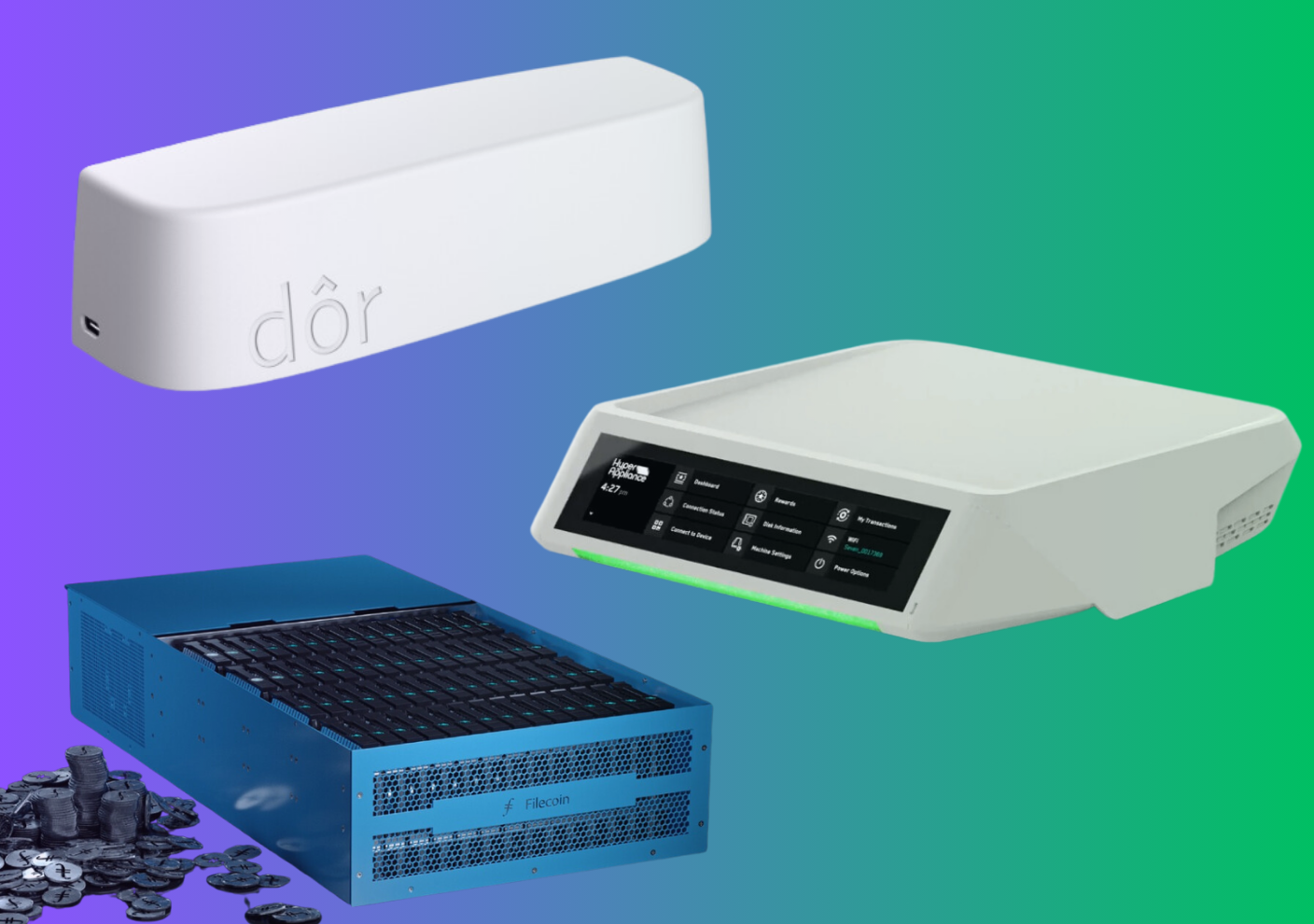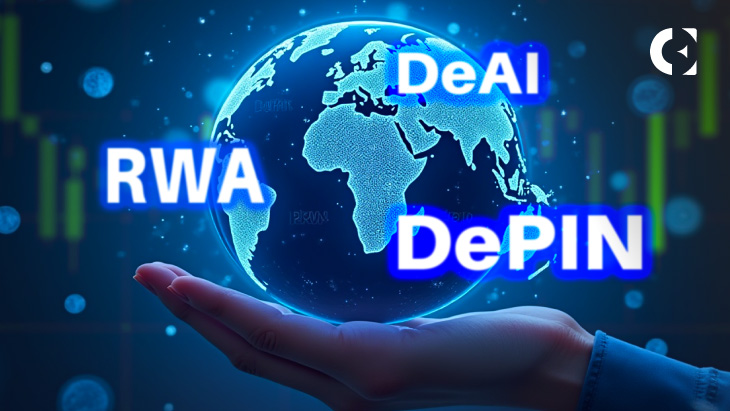The Rise of Decentralized Physical Infrastructure Networks (DePINs)

Decentralized Physical Infrastructure Networks (DePINs) are revolutionizing the way physical and digital realms interact. By utilizing technologies such as Wi-Fi, cellular connectivity, and data storage, DePINs enable users to share resources directly without intermediaries. This integration of digital and physical infrastructure is essential for the functionality of services like IoT devices, which rely on robust physical networks. The use of blockchain and cryptocurrencies in DePINs ensures that processes are transparent and easily trackable, paving the way for innovative applications across various industries.
Among the notable DePIN devices is Dôr, a thermal-sensing people counter that provides valuable insights into customer behavior for businesses. By collecting foot traffic data, Dôr helps retailers enhance customer service and optimize operations. The device’s acquisition by blockchain firm Constellation highlights the growing importance of data analytics in retail. Additionally, the US Army employs Dôr to monitor visitor traffic in its museums, showcasing the versatility of this technology. Another significant player is Helium, which operates a decentralized wireless network on the Solana blockchain, rewarding participants for deploying hotspots and enhancing IoT connectivity.
Filecoin also stands out as a decentralized storage network that allows users to rent storage space in exchange for cryptocurrency. Its marketplace approach ensures secure data storage and easy access, supported by a vast network of storage providers. HyperAiBox, designed for AI computing, and Shieldeum, a Web3 cybersecurity platform, further illustrate the diverse applications of DePINs. However, the sector faces challenges related to technical complexity, particularly in integrating physical infrastructure with blockchain technology. Solutions like Dôr aim to simplify this process, making it accessible for non-technical users and promoting broader adoption of DePIN technologies.
Related News





